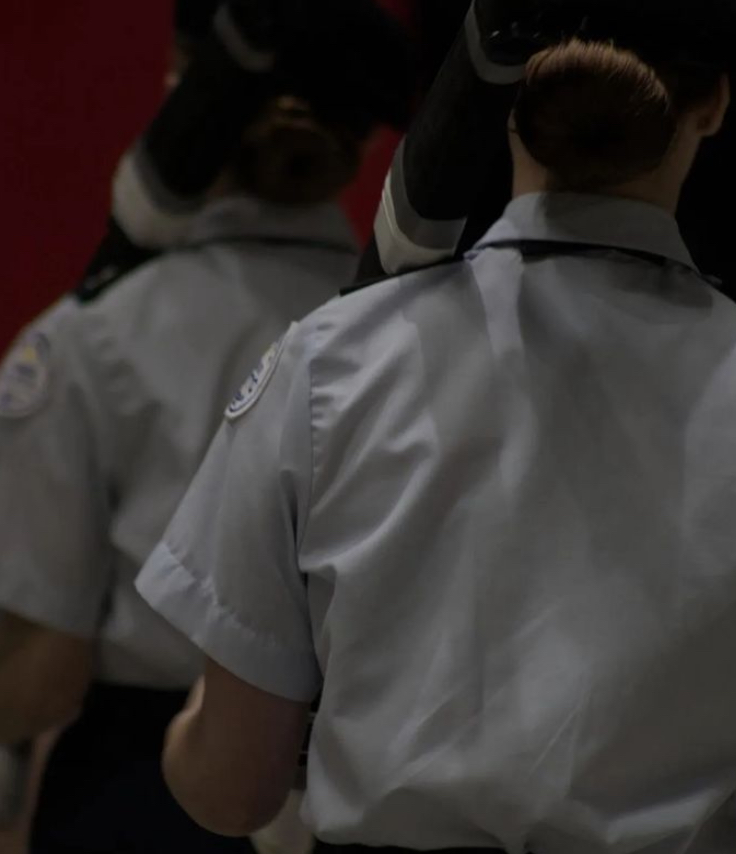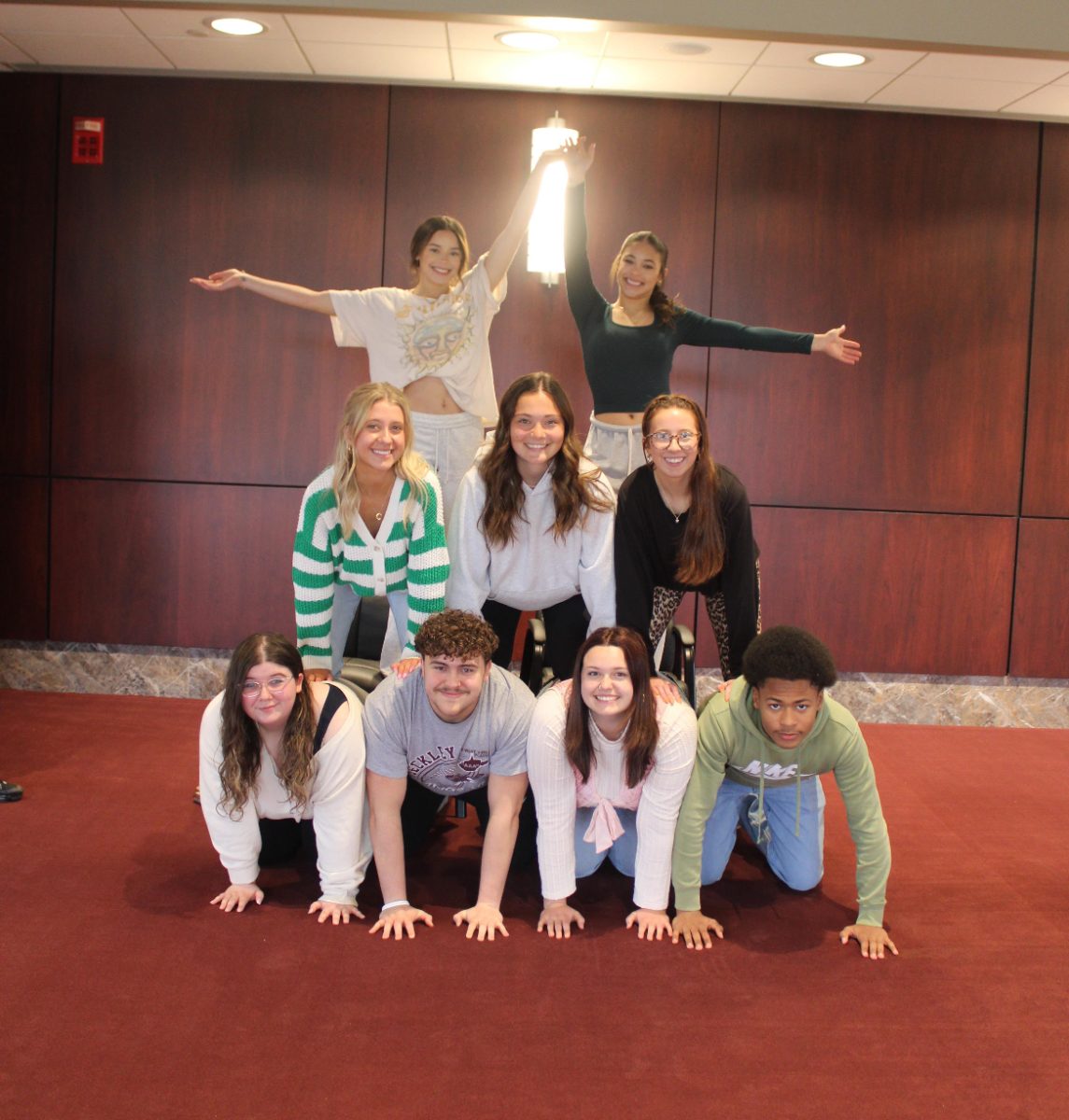During the time of semester exams, students can grow anxious on the final grade that could pass or fail them. However, new policies made by Raleigh County Schools have allotted the opportunity for students to be exempted from examinations.
In 2022, The Board of Education introduced a new attendance incentive for all high schools in the county. Based on the student’s current grade in a course they were allowed a corresponding number of unexcused absences. Today, the policy still remains and has shown success. Mr. Ryan Stafford, principal of Woodrow Wilson High School, reports that the rate of chronic absenteeism, or the percentage of students missing ten or more days, has declined by eight percent since issuing the policy last year. “While 25 percent chronic absenteeism is not the end goal or a rate that we should be satisfied with, it is a substantial step in the right direction.”
Currently no data demonstrates a difference between those required to take exams and those who weren’t, in reference to post- secondary education. However, the board and principals have taken this risk into account, carefully watching the data. “As students go off to college, it is important to my office and our mission that we are conscious of the impact that an exam exemption could have on the preparedness of our students. While we were and are conscious of variables such as that one, it is, indeed, a variable. We currently do not have data that supports or works against the importance of our semester exams as it relates to post-secondary success,” Stafford shares.
Despite the lack of data and having tremendous success in boosting attendance, both students and staff continue to worry how this exemption will affect those planning to attend college. Many professors only provide grades for examinations. Not having the practice of testing in secondary education could prove to be detrimental when future data is available. By exempting students who plan to attend higher education, we are possibly blindfolding them to the future. Additionally, high school instructors lose the opportunity to gain data on what their students have learned from their course and what topics might need retaught. A lack of information about an individual’s current skill level hinders growth. Students also lose the chance to apply what they have learned throughout the semester and see a physical manifestation of their improvement. Furthermore, individuals in advanced courses and dual credit feel a higher amount of resentment against the policy, as they are required to take a final assessment at the end of the semester, regardless of attendance.
Contrasting these concerns, the incentive remains a beloved and active policy. While many are excused from participating in finals, some students are still required or are opting to take them Jan. 9-11.



















